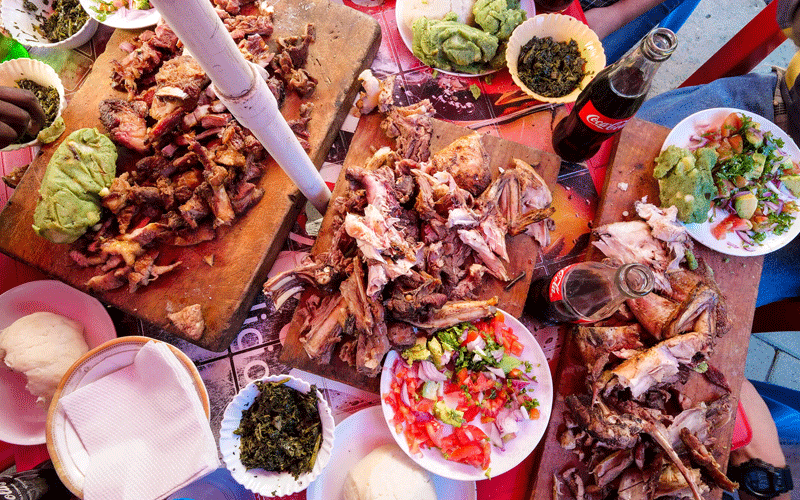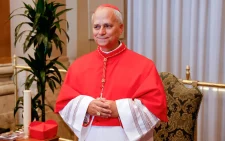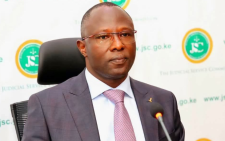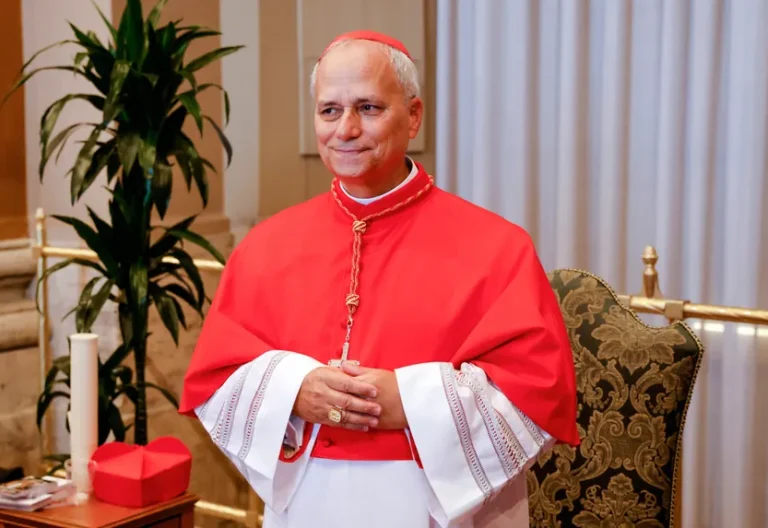How to jingle and make the best of Covid Christmas

Lewis Njoka and Njeri Maina
Millions of Kenyans will celebrate Christmas under unusual circumstances following the ravages of the Covid-19 pandemic on their lives.
Ordinarily, Christmas period is characterised by huge social gatherings; people travelling upcountry to celebrate with their kin, and others flocking tourism and entertainment joints for merrymaking.
While this will still happen this Christmas, there are indications the merrymaking will not be as elaborate as in previous years due to coronavirus which has affected individuals socially and economically.
Additionally, the festivities and socialising will take place within the constraints of the Covid-19 containment measures put in place by the Health ministry.
Unlike previous years, travel time this time round is limited by the countrywide curfew, which restricts movement between 10pm and 4am.
On Tuesday, Inspector General of Police Hillary Mutyambai warned that police would enforce the curfew strictly during the festive period, meaning individuals will have to adjust their travel time to comply.
He said an additional 5,000 officers from the Kenya Prisons Service had been enlisted to reinforce maintenance of law and order during the Christmas holiday.
“The status of the regulations remains the same. We will be more firm and strict this time,” Mutyambai warned.
“It is my understanding that everyone will be at his home. We have deployed more than before. As you’ve heard, 5,000 officers from Prisons have joined us and we also have quite a good number from NTSA,” he added.
Even as Kenyans celebrate Christmas, many parents are grappling with costs associated with getting their children ready for school when learning institutions reopen on January 4.
The gloom was captured in a study by Tifa Research released yesterday, which found that 62 per cent of Kenyans plan to spend less during the festive season than they did during a similar period last year.
“Only 16 per cent of Kenyans intend to travel outside the county they reside in. It will be a challenging year for the retail and transport sector, which usually benefit from the Christmas shopping spree,” says the report.
This year’s Christmas comes at a time thousands of Kenyans have lost their jobs and other sources of livelihood due to the pandemic.
In September, Kenya National Bureau of Statistics reported that 1.7 million workers lost jobs between April and June due to the virus.
According to the KNBS report, the number of people in employment fell to 15.87 million between April and end of June compared to 17.59 million the previous quarter.
Prominent Kenyans interviewed by People Daily said they plan to spend the holiday with their families at home to scale down on spending as well as minimise the risk of contracting the virus.
Deputy President William Ruto said he would be spending the holidays at his rural home in Uasin Gishu county due to restrictions brought about by Covid-19.
“The Deputy President has always spent his Christmas holidays at his rural home in Sugoi with family and friends,” said deputy director of communications at the DP’s office Emmanuel Talam.
Amani National Congress leader Musalia Mudavadi said he had opted for a low-key Christmas celebration and will cancel the annual Vihiga cultural festival, which takes place on December 26.
“I am the patron of Vihiga Cultural Society where we normally have this huge cultural event on December 26.
We have agreed with the elders and organisers to postpone it because it was going to be a high-risk event because of Covid-19,” he said.
The situation is not much different for many corporate leaders.
“I don’t plan to travel anywhere. Instead, I will wind down the year by hiking around the Machakos Hills,” said Isuzu East Africa chief executive Rita Kavashe.
Experts shared with People Daily tips to navigate the unprecendented festive period on a pocket-friendly budget.
“Whenever human beings experience adversity and hardships for prolonged periods, they undergo a process that leads to psychological change.
People’s mindsets and aspirations to a future of hope are often replaced by an attitude of living in the here and now,” explained Kabi Thuo, a counselling psychology expert.
“Why dream big when all the dreams can go up in smoke? To begin with, people might be facing the new reality of being unable to meet a normative need such as food and housing. This could cause emotional stress or in extreme cases trauma.”
He added: “It is important to accept the situation one is in, then reallocate resources to serve the present needs in order of priority.
The dominant family members should walk the rest through the changes that need to be made to avoid anxiety.
For instance, families may not be able to travel upcountry due to health and financial reasons.”
Thuo urged families to be as creative as possible during this period while replacing old festive traditions that may not work under the current circumstances, with new ones.
Nicoleta Mungai, a leading counselling psychologist and marital therapist, agrees with Kabi.
“Adapt to the change and do not feel guilty about it. If you cannot travel due to cash constraints, stay home and do new things with the family.
Walk around the neighbourhood, do charity work, showcase your talents on Christmas eve.
Parents can show the children the games and songs they used to play and vice-versa.
Watch a movie together, use the time to bond. Remember to prepare a Christmas feast for your family even if there are no guests coming over.
Take out ‘sahani za wageni’ and enjoy with your immediate family as they are the most important people in your life,” she advised.










